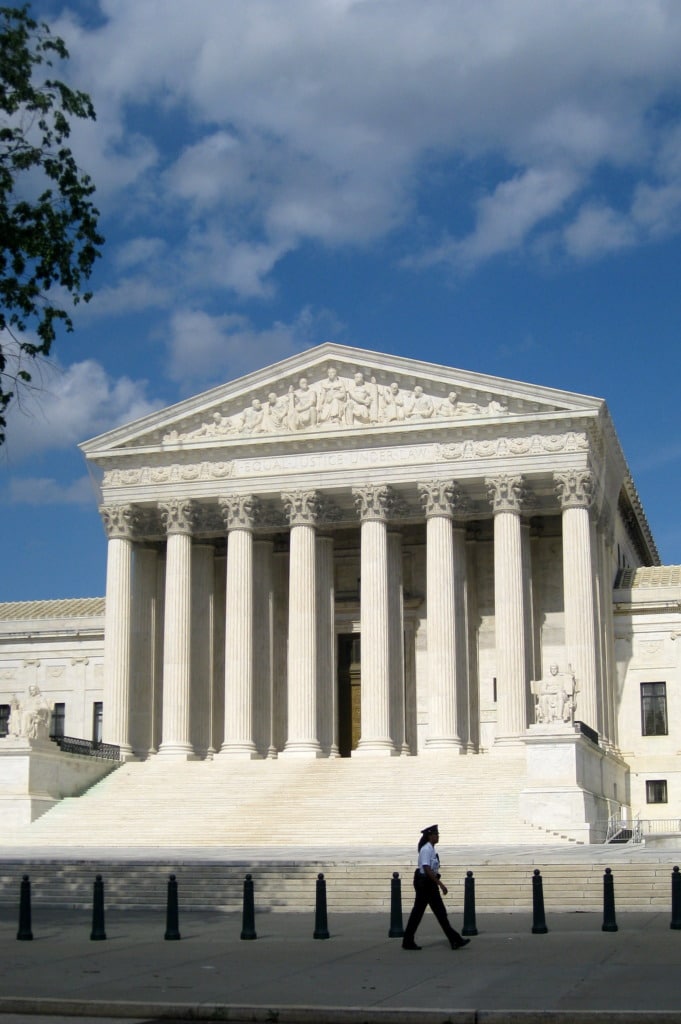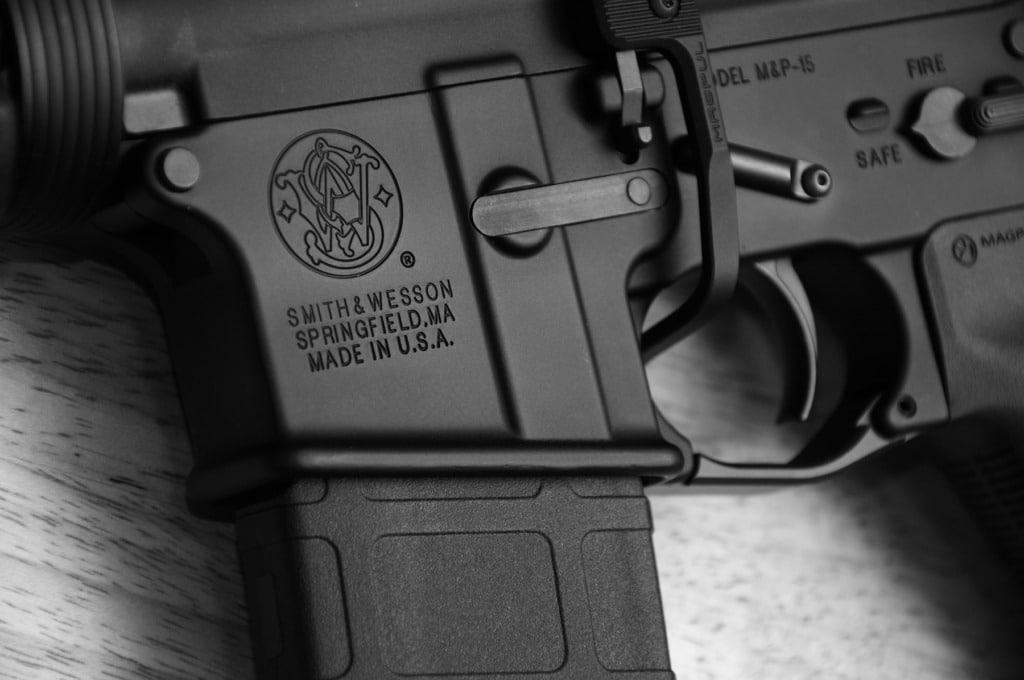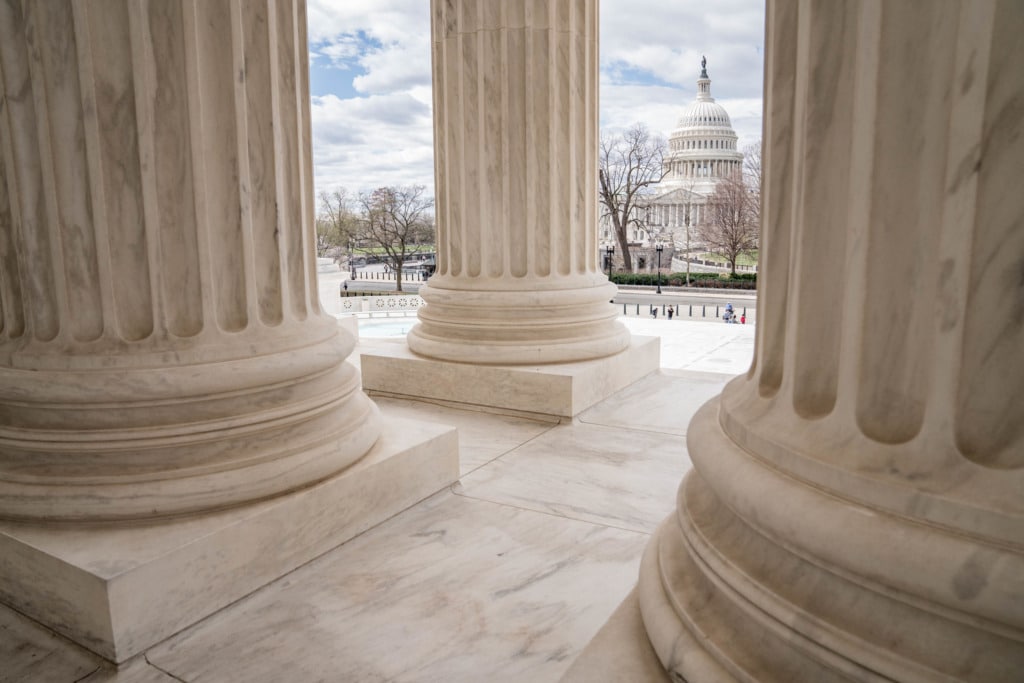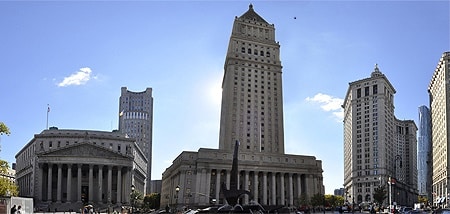Applying the TVPRA to Foreign Websites
The facts of Doe v. WebGroup Czech Republic are horrific. The complaint alleges that a U.S. citizen, fourteen years old, was filmed being raped, repeatedly, in the United States. Videos of the assaults were uploaded to foreign pornography websites, from which they were then viewed tens of thousands of times in the United States. Are…
Continue ReadingA Troubling Decision in the EDNY
In the annals of troubling decisions relating to the enforcement of foreign forum selection clauses, a recent opinion, Gurung v. MetaQuotes, Ltd., by the U.S. District Court for the Eastern District of New York (Judge Orelia E. Merchant) warrants special mention. It raises the question whether any forum selection clause will ever be deemed unreasonable…
Continue ReadingJPMorgan Caught Up in U.S. Sanctions Against Russia
A recent dispute in U.S. federal court shows that efforts to isolate Russia through sanctions are seeping into the courts of both countries. As the economic and legal regimes of Russia and the United States drift further apart, both Russian and U.S. courts have become increasingly bold in flouting the orders of the other. This…
Continue ReadingTransnational Litigation at the Supreme Court, October Term 2024
Today is the first day of the Supreme Court’s October Term. This post briefly discusses four transnational litigation cases in which the Court has already granted cert, as well as several others that are in the pipeline and could be decided this Term. Readers can also consult our Supreme Court page. Cases in which the…
Continue ReadingSupreme Court Grants Cert in Smith & Wesson v. Mexico
This morning, the Supreme Court granted cert in Smith & Wesson Brands v. Estados Unidos Mexicanos. As regular readers will know, Mexico sued Smith & Wesson and other gun manufacturers in federal district court of the District of Massachusetts, alleging that defendants design, market, and sell guns in ways they know will arm Mexican drug…
Continue ReadingDoes the New York Convention Apply to Investor-State Awards?
On August 9, 2024, in Zhongshan Fucheng Industrial Investment Co. v. Federal Republic of Nigeria, the D.C. Circuit held that Nigeria was not immune from suit to enforce an arbitral award for a Chinese investor under a bilateral investment treaty. The U.S. Foreign Sovereign Immunities Act (FSIA) has an exception to state immunity for actions…
Continue ReadingFrom Standards to Rules in Private International Law?
Linda Silberman, Clarence D. Ashley Professor of Law Emerita at NYU School of Law and TLB Advisor, has recently posted to SSRN a number of her lectures from her summer 2021 Hague Academy General Course in Private International Law, updated to reflect changes through 2024. The series of lectures, entitled The Counter-Revolution in Private International…
Continue ReadingThe Burden of Proving Foreign Sovereign Immunity
The Supreme Court has granted cert in Republic of Hungary v. Simon and will soon hear oral argument, likely in December. The principal question is how to interpret “property exchanged for such property” under the Foreign Sovereign Immunities Act’s (FSIA) expropriation exception, 28 U.S.C. § 1605(a)(3). But the three issues before the Court also include…
Continue ReadingFifth Circuit Doubles Down on International Shoe
A recent Fifth Circuit decision stoutly reaffirmed that court’s en banc position that the personal jurisdiction analysis is the same under the Fifth and the Fourteenth Amendments. Indeed, reading Hardy v. Scandinavian Airlines System, one would have no idea that a vocal minority of federal appellate judges have been calling for a veritable revolution in…
Continue ReadingInterlocutory Appeals and State Sponsors of Terrorism
In a decision only lawyers could love, the Second Circuit held on September 3, 2024, that it lacked appellate jurisdiction over an interlocutory appeal by the Republic of Sudan brought in a multidistrict litigation (MDL) arising out of the terrorist attacks of September 11, 2001. The key issue is when the state-sponsored terrorism exception to…
Continue Reading








